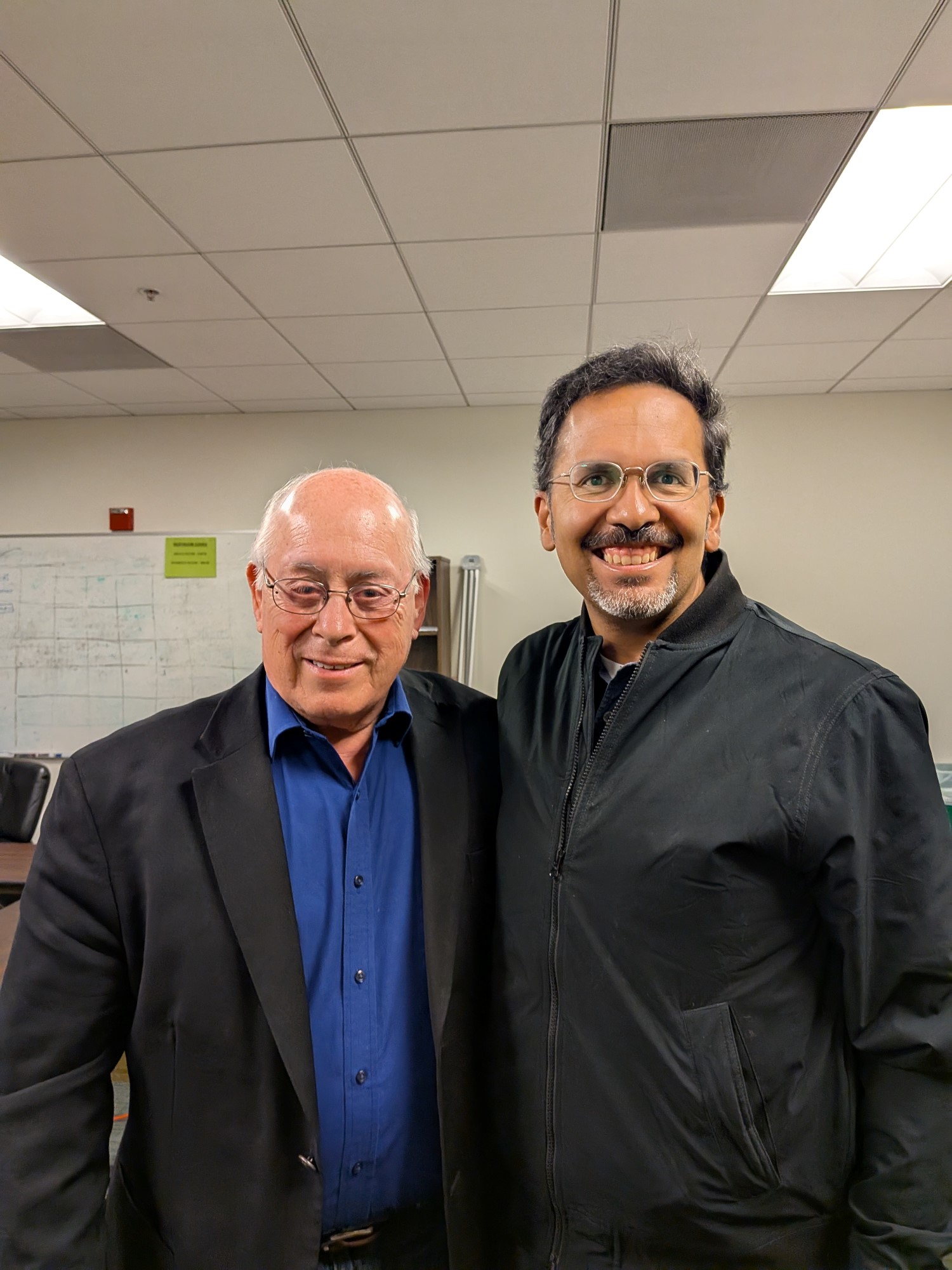The Workers Who Had Never Heard of Vacation
2025-05-12Baldemar Velásquez, president and founder of the Farm Labor Organizing Committee (FLOC), spoke to a small group of San Francisco labor activists about the challenges of organizing migrant farmworkers in the Midwest and South. In the hour-long conversation, Don1 Baldemar recounted more than half a century of successful organizing campaigns that FLOC has led. Lessons from the Campbell’s Soup boycott featured heavily, from dealing with scabs to working with family farmers to ensure they understood that FLOC had the entire supply chain in its sights.

Government Collusion and Frustration
Don Baldemar discussed the challenges of dealing with both the U.S. and Mexican governments. On this side of the border, he focused on the urgent need for immigration reform. He pointed to historically conservative solutions like President Reagan’s 1986 immigration amnesty as a model that organized labor and progressives should be advocating for today, so that those who feed us can receive “fair pay for a fair day’s work.” He also criticized aspects of the H-2A visa program, which allows some of these workers to come here legally but also makes them more easily exploited. Finally, he addressed the lack of protection for farmworkers under the National Labor Relations Board, explaining how FLOC ultimately succeeded in creating a collective bargaining framework where none had ever existed.
In Mexico, he condemned the impunity following the brutal 2007 murder of FLOC organizer Santiago Rafael Cruz in their office in Monterrey, Nuevo León, which led to little action from the authorities and no justice for Santiago. Nonetheless, he expressed hope that the current Sheinbaum administration might take on some of the challenges FLOC continues to face.
Helping Society’s Most Exploited Workers
Hearing some of this oral history firsthand makes it clear that these workers are exploited not only by farmers, but also by the middlemen who hire them in Mexico, the large corporations that dictate produce contracts, and by governments on both sides of the border. A poignant example he shared was how migrant farmworkers, who had just won two weeks’ vacation through their collective bargaining agreement, mistakenly thought they were being laid off. FLOC organizers had to explain that, far from losing their job, they could do whatever they wanted during their time off. To have the fortitude and steadfastness to support exploited workers like these, day in and day out, for decades, is nothing short of heroic.
The conversation took place before the full SF Labor Council delegate meeting, where Don Baldemar gave an abbreviated overview of FLOC’s work. His remarks later motivated a unanimous donation to FLOC in support of their efforts. They are taking on Big Tobacco and expanding their work internationally. This includes negotiating with European supermarkets to demand better working conditions for migrant workers in the U.S.
The determination of Don Baldemar and FLOC is a timely reminder that meaningful change can happen when workers organize, speak truth to power, and build alliances, even in unlikely places like the conservative South.
Your correspondent has chosen to use the Spanish honorific title don in recognition of Don Baldemar’s work. ↩︎
— Your Correspondent accepts and appreciates Stripe Donations. —
